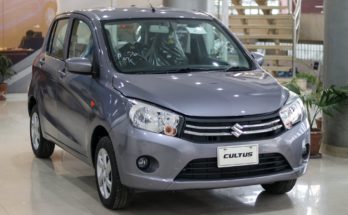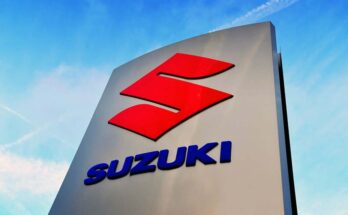Hiroshi Kawamura, Chief Executive of Pak Suzuki Motor Company Limited, has stated the company plans to explore exporting automobiles and parts from Pakistan. He said Suzuki has modified its cars to comply with a number of WP-29 requirements, reiterating its dedication to providing Pakistanis with affordable vehicles.
Kawamura also revealed Suzuki’s intentions to develop hybrid variants for the market during the second round of interaction sessions with auto parts makers. In order to confront the growing problem within the automobile industry, he emphasized the need for collective action and the importance of local partners in helping them achieve their objectives.
In response, Usman Aslam Malik, senior vice chairman of PAAPAM (the Pakistan Association of Automotive Parts and Accessories), highlighted the fundamental problems afflicting the sector. Malik cited a shortage of essential raw resources, technological constraints, and insufficient localization as the main problems. He underlined the importance of attaining economies of scale in order to lower automobile prices for the common person.
Related: Proton Affectees Appeal PM, CJ, and COAS to Intervene
Malik raised a point about Pakistan’s production volume, noting that the country still produces less than 0.3 million cars annually while being the fifth-largest in the world in terms of population. This shortcoming, according to him, was caused by the frequent introduction of variants, which hampered localization efforts. Malik suggested PAAPAM as a catalyst for increasing industry capacity and bringing it in line with market expectations. He urged Original Equipment Manufacturers (OEMs) to use PAAPAM to share their non-localized lists with vendors in order to encourage localization.
Malik also emphasized the opportunity to explore the export-after-market for engine and gearbox parts because of their high rate of replaceability. The recently introduced Export Facilitation Scheme, which replaced the onerous Duty and Tax Remission for Exporters (DTRE) scheme, has made it easier for OEMs to export parts across a worldwide supply chain, he claimed. In order to improve regional competitiveness, he urged stakeholders to respond to these initiatives effectively.
Malik criticized the government for its contradictory and unfavorable business policies, which included the repeated opening of used automobiles (imports) and the replacement of effective deletion programs. In order to encourage the expansion of Pakistan’s automobile industry, he emphasized the necessity for stable policies.
Source: Tribune

Responsible for delivering local & international automotive news.




